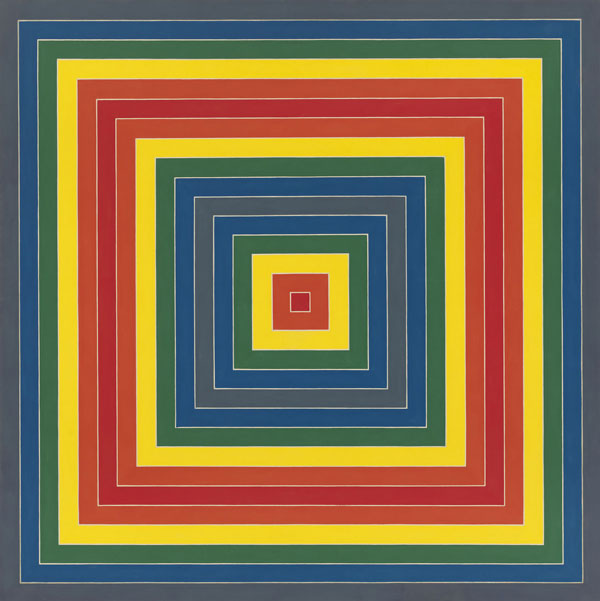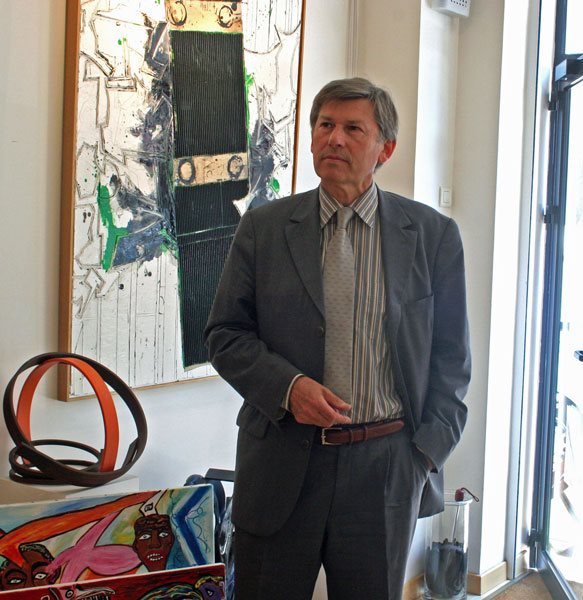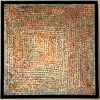SPILLING OVER: PAINTING COLOR IN THE 1960S TO OPEN AT THE WHITNEY MARCH 29
NEW YORK, Opening at the Whitney on March 29,
Spilling Over: Painting Color in the 1960sWhitney Museum of American Art
99 Gansevoort Street
New York, NY 10014
(212) 570-3600
https://whitney.org/
Drawn entirely from the Whitney’s collection, Spilling Overincludes important recent acquisitions by Emma Amos and Kay WalkingStick, as well as works by Helen Frankenthaler, Sam Gilliam, Ellsworth Kelly, Morris Louis, Alvin Loving, Miriam Schapiro, Frank Stella, and others. Half of the included paintings have not been shown atthe Whitney for over twenty-five years.
“Color as a formal, social, and political matter feels particularly urgent today, but the artists in Spilling Over already saw it as a means to bridge the seen and the felt, the conscious and unconscious, the political and the environmental. We’re thrilled to bring together such an incredible group of artists and their works, some acquired nearly at the time of their making and some very new to the Whitney’s collection,” said David Breslin, the exhibition curator and DeMartini Family Curator and Director of the Collection.
Scott Rothkopf, Senior Deputy Director and Nancy and Steve Crown Family Chief Curator, remarked, “We are particularly honored to be unveiling the first paintings to enter our collection by Kay WalkingStick and Emma Amos, the latter of which has been acquired jointly with The Studio Museum in Harlem—a fitting symbol of the long friendship between these two museums and the many artists we both hold dear.”
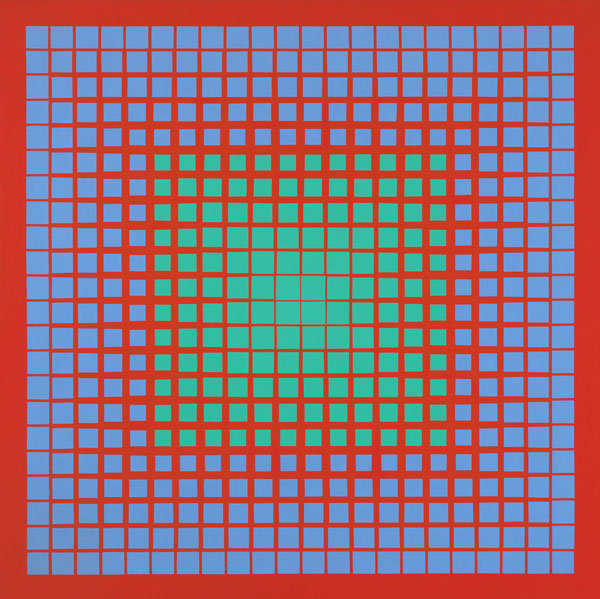 |
| Richard Anuszkiewicz The Fourth of the Three, 1963 Acrylic on composition board 48 1/16 × 48 1/16 in. (122.1 × 122.1 cm) Purchase, with funds from the Friends of the Whitney Museum of American Art 64.4 |
| During this period, many artists adopted acrylic paint—a newly available, plastic-based medium—and explored its expansive technical possibilities and wider range of hues. Color Field painters poured paint and stained unprimed canvases, dramatizing painting’s materiality and visual force. Painters associated with Op art deployed pattern, geometric arrangement, and intense color combinations to emphasize that vision is a commingling of physical response and unconscious association. While focusing primarily on abstraction, Spilling Overalso includes paintings in which figures are depicted as extensions of the pulsing color that animates the work.
|
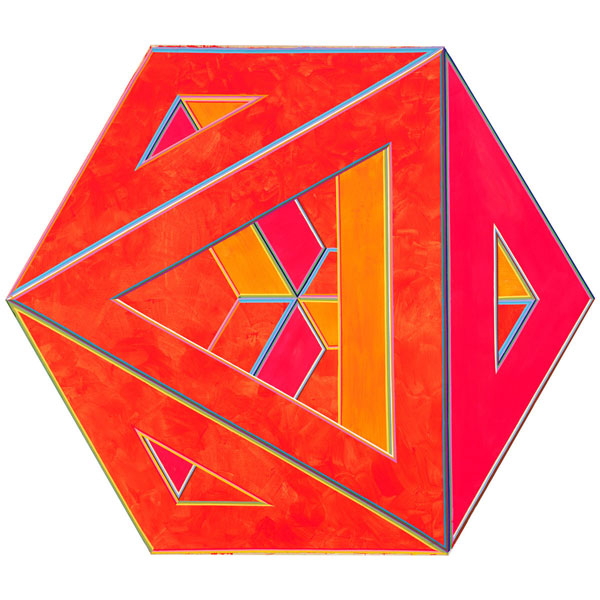 |
| Alvin Loving Septehedron 34, 1970 Acrylic on shaped canvas 88 5/8 × 102 ½ in. (225.1 × 260.4 cm) Gift of William Zierler, Inc. in honor of John I. H. Baur 74.65 |
| The title of the exhibition comes from a quote by artist Bob Thompson. He said, “I paint many paintings that tell me slowly that I have something inside of me that is just bursting, twisting, sticking, spilling over to get out. Out into souls and mouths and eyes that have never seen before.” Spilling Overdemonstrates how painting retained an urgency for artists who wanted to see anew. Artists Included in Spilling Over: Painting Color in the 1960s |
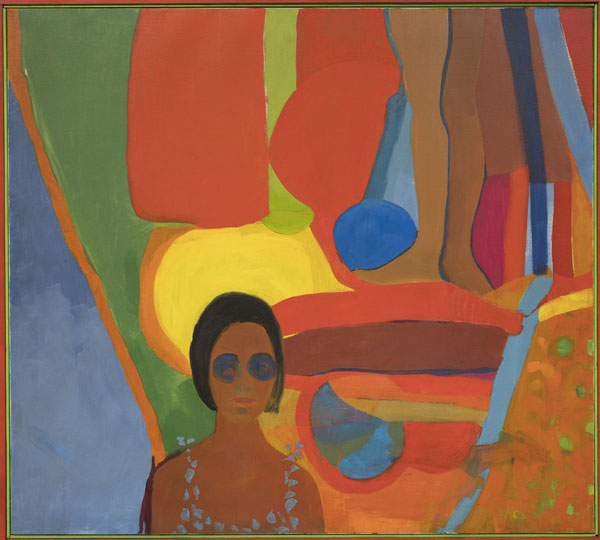 |
| Emma Amos Baby, 1966 Oil on canvas 46 1/2 × 51 in. (118.1 × 129.5 cm) Purchased jointly by the Whitney Museum of American Art, with funds from the Painting and Sculpture Committee; and The Studio Museum in Harlem, museum purchase with funds provided by Ann Tenenbaum and Thomas H. Lee 2019.1a-b |
|


